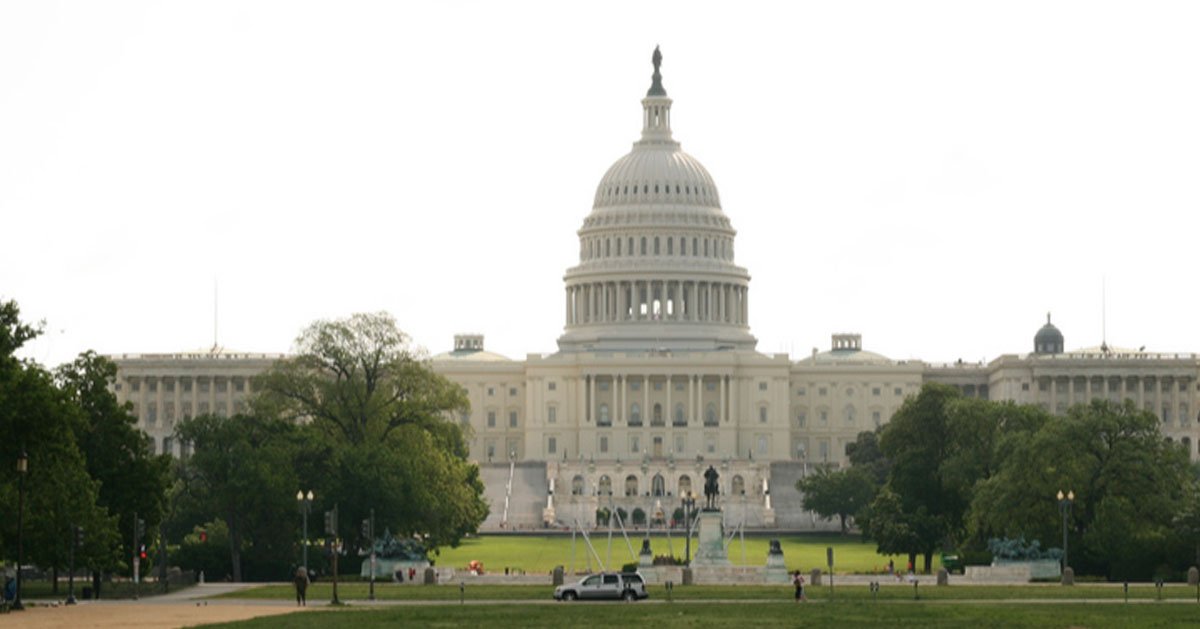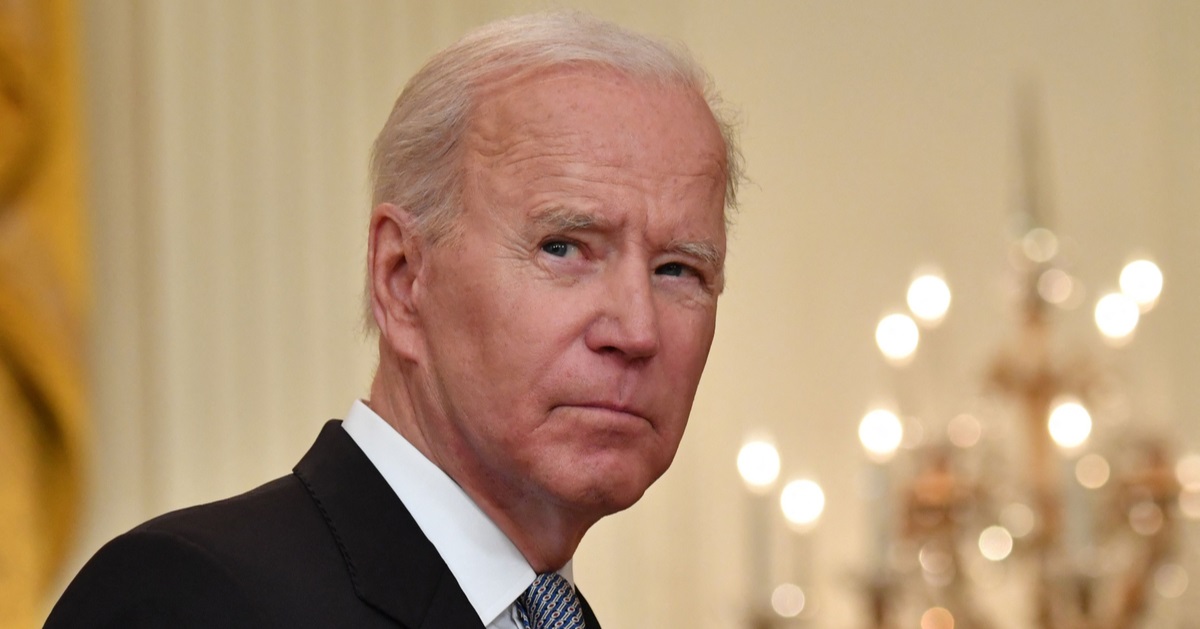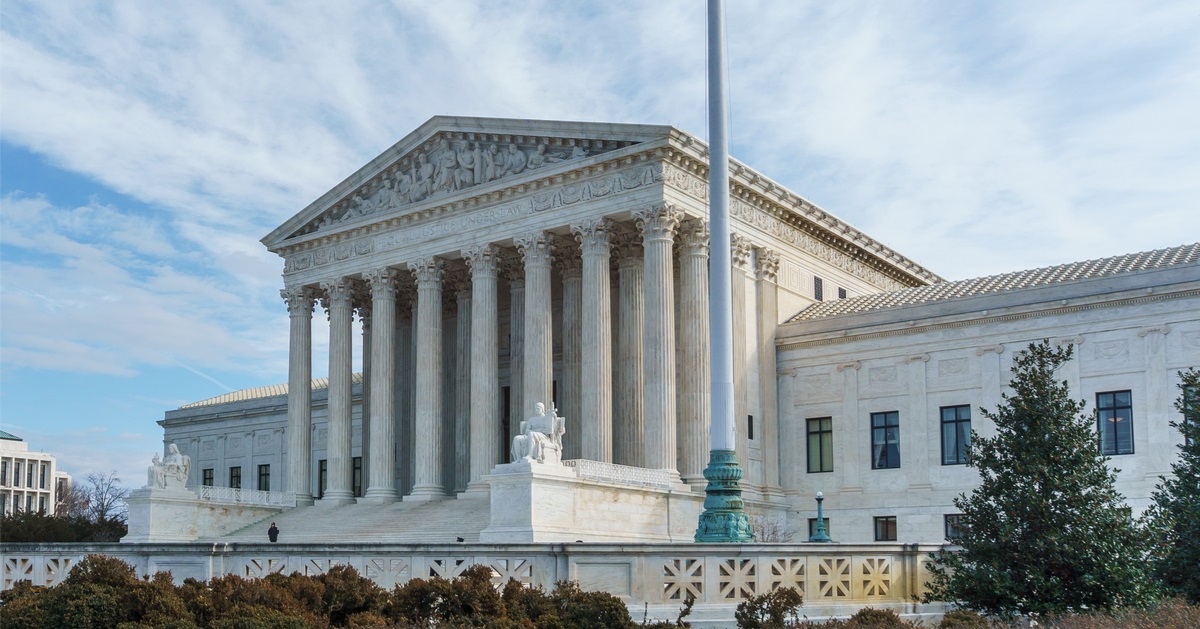Supreme Court rules 6-3 to allow 'expert' witnesses to opine generally about a defendant's state of mind
The Supreme Court on Thursday issued a decision on a case involving the scope of "expert" witness testimony in criminal trials that could prove quite consequential going forward.
In a 6-3 ruling, the majority ruled that an expert witness does not violate federal evidentiary rules when they opine about the typical mental state and condition of a class of individuals but not directly about the defendant themself, according to Breitbart.
The case involved a drug mule who claimed ignorance of the illicit cargo they transported across the border and a government witness who testified that "most" drug couriers are aware of what they are carrying.
The limits of what an "expert" witness can say about a defendant
The Los Angeles Times reported that Delilah Diaz, a U.S. citizen from California, was arrested and charged with drug trafficking after she was stopped driving a vehicle across the border from Mexico that was found to have 54 pounds of methamphetamine hidden in the door panels and trunk.
Diaz insisted she had no knowledge of the illegal drugs in the car, and to prove their case the prosecutors had to show that she knew what she was doing. As such, they brought in as an "expert witness" Homeland Security Investigations Special Agent Andrew Flood, who testified the drug cartels and traffickers "generally do not entrust large quantities of drugs to people who are unaware they are transporting them."
Diaz was ultimately convicted by a jury but appealed on the grounds that Flood's testimony violated Federal Rules of Evidence 704(b) that prohibits expert witnesses from opining about a defendant's "mental state or condition" as an element of the charged crime. Her appeal was rejected, however, by both the district court and the 9th Circuit Court of Appeals.
Thomas' majority opinion
In the 6-3 majority opinion in Diaz v. U.S., Justice Clarence Thomas wrote, "At trial, the Government’s expert witness opined that most drug couriers know that they are transporting drugs. Because the expert witness did not state an opinion about whether petitioner herself had a particular mental state, we conclude that the testimony did not violate Rule 704(b). We therefore affirm."
Thomas went on to provide a breakdown of Rule 704 and its two distinct parts, with Rule 704(a) generally allowing witnesses to share their opinions on the "ultimate issue" of a case but with the exception of 704(b) disallowing "expert" opinions about a defendant's "mental state or condition" as an element of the charged crime, as "Those matters are for the trier of fact alone" to decide, as in the jury or judge.
In the end, the majority decided, "An expert’s conclusion that 'most people' in a group have a particular mental state is not an opinion about 'the defendant' and thus does not violate Rule 704(b). Accordingly, the judgment of the Court of Appeals is affirmed."
Justice Thomas was joined by Chief Justice John Roberts along with Justices Samuel Alito, Brett Kavanaugh, Amy Coney Barrett, and Ketanji Brown Jackson, who also authored a concurring opinion that emphasized how Rule 704(b) cuts both ways for the prosecution and defense and highlighted the "important uses and the potential misuses" of the rule by both sides.
Gorsuch dissents
Justice Neil Gorsuch authored a dissent, joined by Justices Sonia Sotomayor and Elena Kagen, that warned of the dire legal implications of the majority's ruling for future defendants in cases where "expert" witnesses may be called to opine about their alleged state of mind in violation of the clear intention of Rule 704(b).
"Following the government’s lead, the Court today carves a new path around that command," Gorsuch wrote of the rule's prohibition. "There’s no Rule 704(b) problem, the Court holds, as long as the government’s expert limits himself to testifying that most people like the defendant have the mental state required to secure a conviction."
"The upshot? The government comes away with a powerful new tool in its pocket. Prosecutors can now put an expert on the stand -- someone who apparently has the convenient ability to read minds -- and let him hold forth on what 'most' people like the defendant think when they commit a legally proscribed act," he continued. "Then, the government need do no more than urge the jury to find that the defendant is like 'most' people and convict. What authority exists for allowing that kind of charade in federal criminal trials is anybody’s guess, but certainly it cannot be found in Rule 704."
Gorsuch ultimately concluded, "Persuaded that today’s decision is mistaken, but hopeful that it will ultimately prove immaterial in practice, I respectfully dissent."






